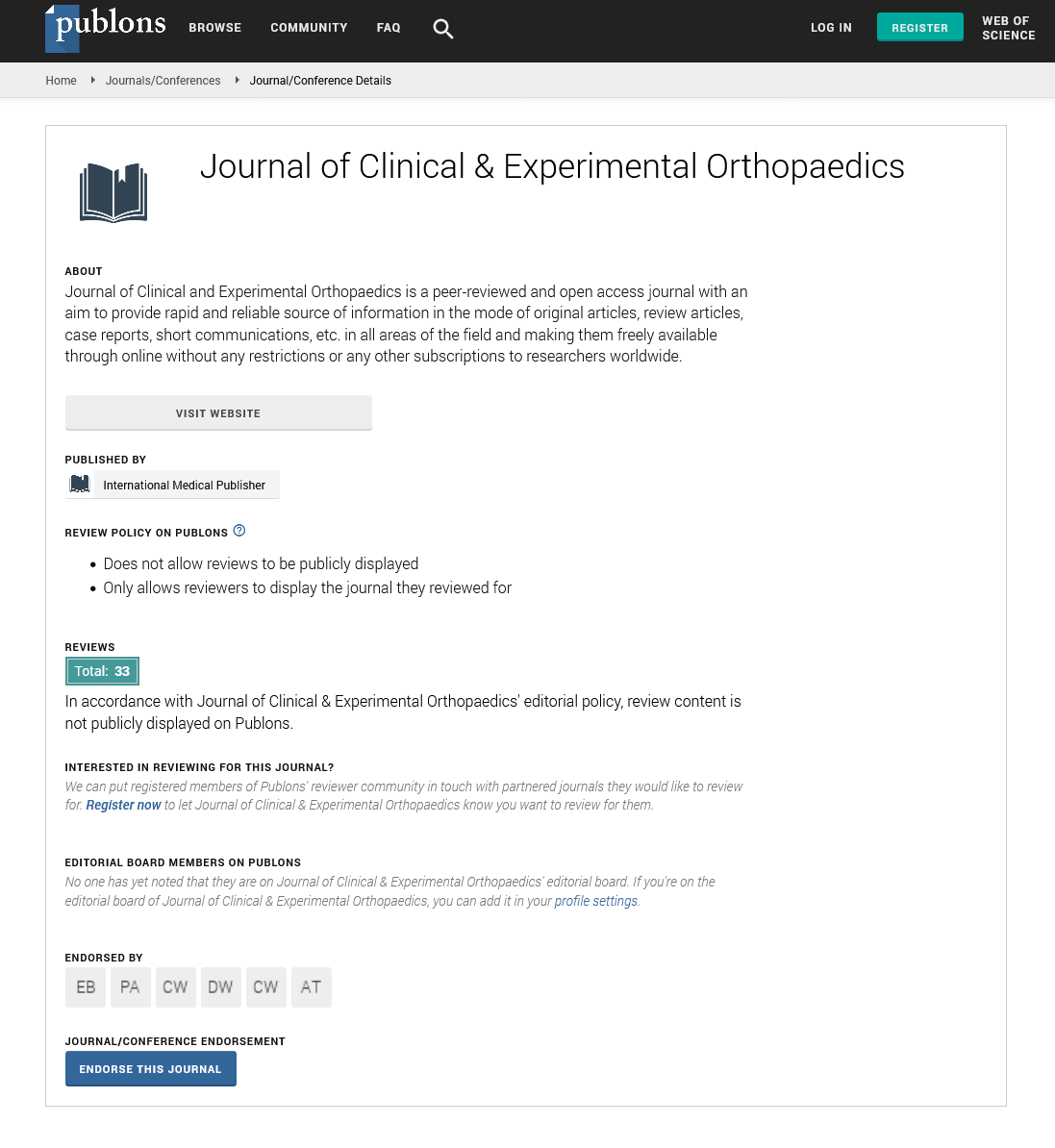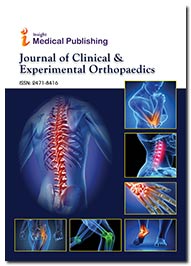Abstract
Stress &Trauma Management Summit
Considerable clinical and preclinical data delineate key roles played by endogenous neuropeptides in mediating the responses to stress and managing the consequences. Among the most important are corticotrophin releasing hormone (CRH), neuropeptide Y (NPY) and pituitary adenylate cyclase activating polypeptide (PACAP). This symposium will discuss their involvement in mediating the responses to stress and how modulation of their expression, or their modulation by selective pharmacological agents, are being used to design new methodologies to reduce harmful effects of stress. CRH: CRHin the hypothalamus initiates the activation of the HPA axis with stress by stimulating the release of ACTH from the pituitary and subsequently cortisol from the adrenal. In addition,CRH actions in extra hypothalamic regions mediate behavioral, cognitive and autonomic responses to stress. Increased CRH is associated with promotion of anxiety and fear-related behaviors. A growing body of literature suggests that stress-related disorders, such as PTSD, are associated with chronically increased activity of CRH circuits and that antagonists of the CRH receptor 1 (CRHR1) may have therapeutic utility in stress-related disorders. The major noradrenergic center of the brain, the locus coeruleus, key to mediating arousal, memory acquisition, attention and vigilance in response to stress,is an important target for CRH from hypothalamic and extra hypothalamic sources. Dr. Rita Valentino, Children’s Hospital Philadelphia and University of Pennsylvania, will discuss role of the CRH system with stress with Specific focus on its regulation of the noradrenergic system in the brain and sex differences. NPY: NPY is one of the most abundant and widely distributed neuropeptides in the mammalian brain.It has diverse functions in CNS and periphery including regulation of feeding behavior, blood pressure, circadian rhythm, reproductive behavior, pain as well as behavioral responses to stress.The NPYergic system plays a critical role in resilience or recovery from harmful effects of stress. In soldiers or in trauma exposed veterans increased plasma NPY levels are associated with positive coping mechanisms. Significantly lower plasma and CSF concentrations of NPY were found in individuals with combat-related PTSD. Moreover, decreased NPY levels in CSF and plasma are also observed in depressed patients. Genetic studies in humans and rodents indicate that lower NPY levels are associated with more anxiety and higher reactivity to emotional and stressful challenges. Dr. Esther Sabban, New York Medical College, will discuss the relationship of neuropeptide Y in the brain to protection from harmful effects of stress and potential ofrapid passage of NPY into the brain by intranasal infusion to attenuate development or manifestation of PTSD and other comorbid impairments with traumatic stress PACAP: PACAP is a pleiotropic neuropeptide that is an integral regulator in neuroendocrine stress circuits and stress response pathways.Mutations in the gene encoding the PACAP type 1 receptor are associated with PTSD infemale patients. Dr. Lee Eiden, NIMH, will discuss the importance of PACAP as a regulator of stress and report insights from animals unableto express PACAP.
Author(s):
Esther L Sabban
Abstract | PDF
Share this

Google scholar citation report
Citations : 161
Journal of Clinical & Experimental Orthopaedics received 161 citations as per google scholar report
Journal of Clinical & Experimental Orthopaedics peer review process verified at publons
Abstracted/Indexed in
- Google Scholar
- China National Knowledge Infrastructure (CNKI)
- Directory of Research Journal Indexing (DRJI)
- WorldCat
- Publons
- Geneva Foundation for Medical Education and Research
- Secret Search Engine Labs
Open Access Journals
- Aquaculture & Veterinary Science
- Chemistry & Chemical Sciences
- Clinical Sciences
- Engineering
- General Science
- Genetics & Molecular Biology
- Health Care & Nursing
- Immunology & Microbiology
- Materials Science
- Mathematics & Physics
- Medical Sciences
- Neurology & Psychiatry
- Oncology & Cancer Science
- Pharmaceutical Sciences


